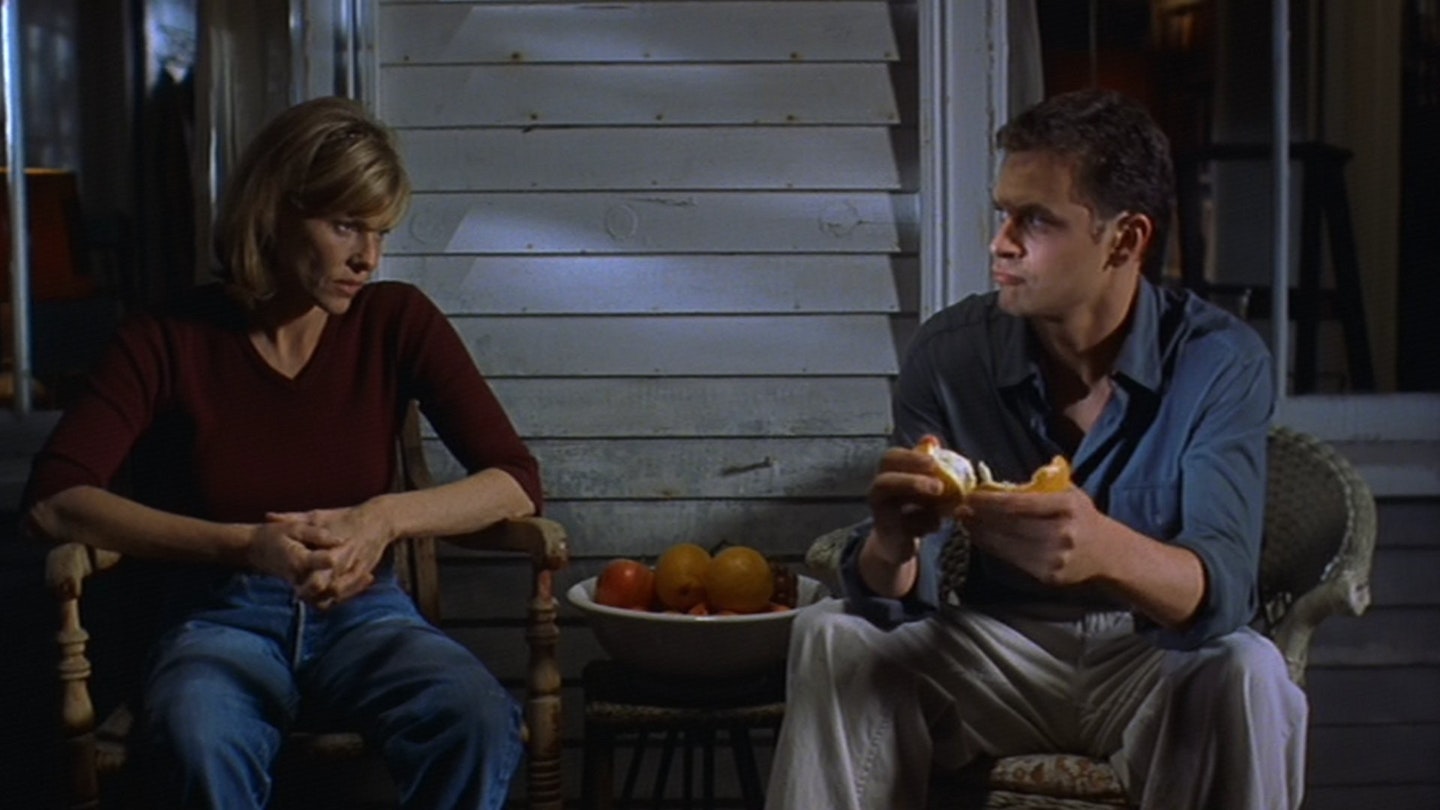Bookshops are evidently the new aerobics classes. Empowered women of the '90s run bookshops staffed by a quirky but devoted band, wherein - largely untroubled by any clientele to speak of - the (usually emotional) problems of the day are talked out. Romcom bench mark Meg Ryan was at it in You've Got Mail, and now Kate Capshaw has a sweet little store in sunny Loblolly-By-The-Sea.
It is in said establishment that the drama begins. Amongst the loose change and furry, hard-boiled confectionery down the back of the sofa, Helen McFarquar (Capshaw) discovers a crumpled sheet bearing words of heartfelt yearning. She can't decide whether it's from hunky fireman and old flame George (Selleck), or summer-jobbing college boy Johnny (Everett Scott). And then the letter slips out of her grasp, leading to multiple misunderstandings as Helen's co-workers find it and leap to conclusions.
Although imbued with a sugary content so lightweight it's probably permissible as part of a calorie-controlled diet, and essentially driven by the soap opera routine of misconstrued advances and folk incapable of even one straight conversation, the film has a warm, lazy charm derived from agreeable performances and pretty scenery. The highly desirable New England haven of Rockport (dressed as Loblolly) has a tangible sense of heat and humidity, giving everything an open-necked, quick-dip-in-the-river sensuality.
Capshaw too raises the temperature as the vaguely repressed fortysomething enjoying newfound liberation through the letter and attendant saucy assumptions. Pulling this off was crucial - the drama hangs on the believability of mutual attraction, that Helen could romp with a lusty Johnny as easily as agonise over a mostly unfulfilled history with George.
Both Toms fill their roles well, while the storyline nicely avoids pitching them into a rutting male clich. DeGeneres does decent confidante comic relief, while Blythe Danner and Geraldine McEwan do biddy comic relief, and it all bubbles away in a summery, flimsy but pleasant enough fashion.
